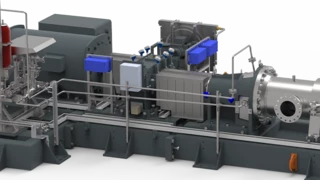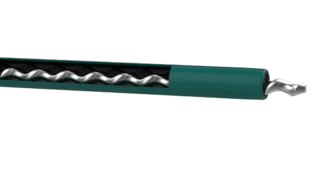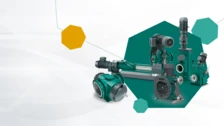NETZSCHicon
Two-Phase Transport
Two-phase transport refers to the transport of a medium consisting of two different phases, usually a combination of liquid and gas or liquid and solids. This type of transport places particular demands on pump systems, as the properties of the medium can change during transport.
Gas, for example, can cause cavitation, while solids can cause abrasion and increased mechanical loads. Typical applications can be found in the oil and gas industry, where crude oil is often transported with associated gas, and in mining, where slurries containing solids are transported. Two-phase pumping also plays a vital role in the food industry and wastewater technology, for example, pumping viscous media with trapped gas bubbles or particle-laden liquids. The biggest challenges are ensuring the stability of the pumping process, avoiding gas accumulation or pressure fluctuations and minimising wear. To ensure efficient and reliable pumping, pumps must be specially designed for the respective phase combinations and use components that are optimised in terms of flow.





